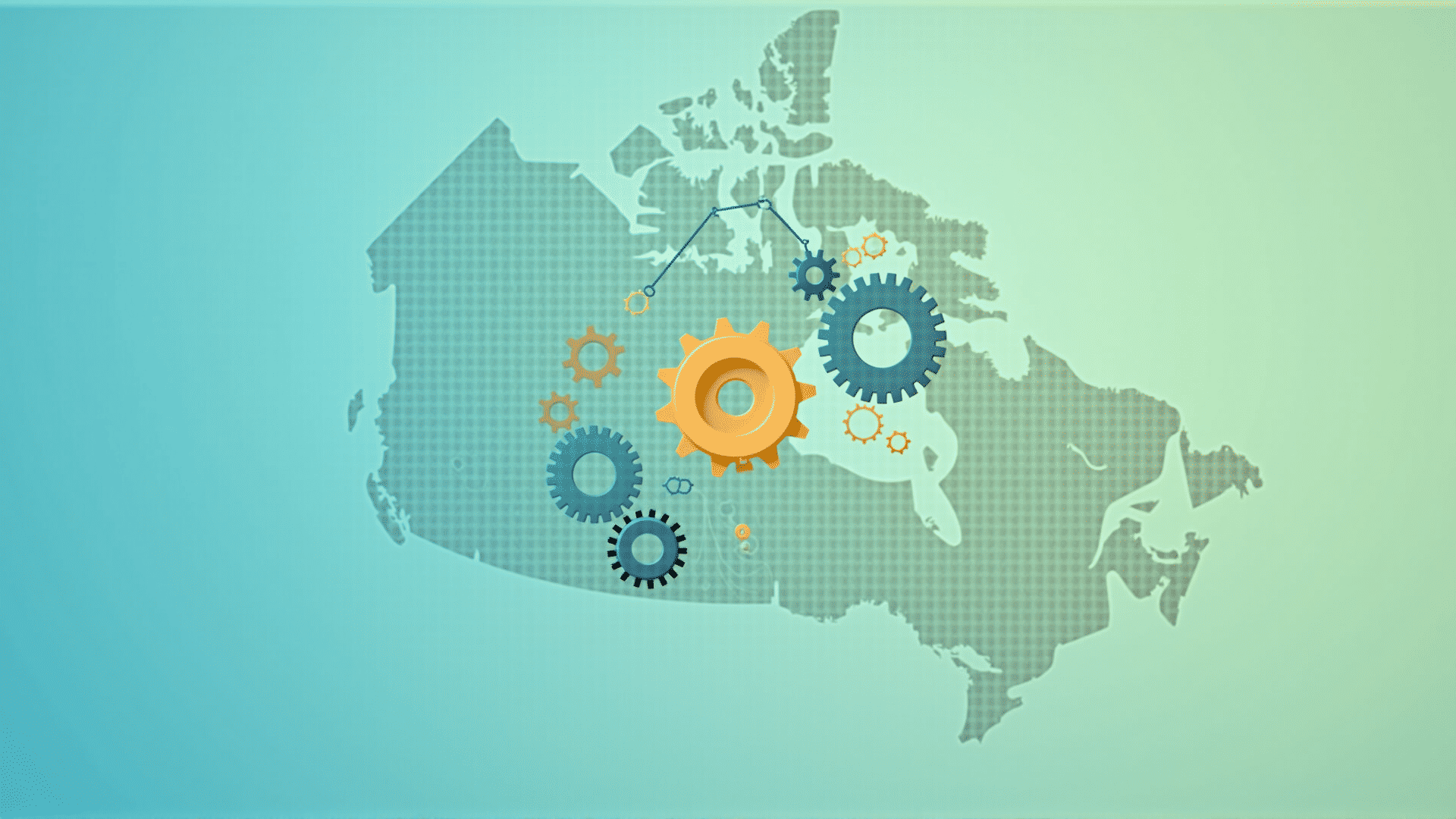Understanding foundational economic theories is crucial for comprehending how economic policies and market decisions are shaped in Canada. Central to these theories are the concepts of supply and demand, which serve as the backbone of economic analysis and policy formulation.
Supply and demand are fundamental components of market economies, indicating how much of a good or service is available and how much is desired by consumers. The interaction between these two forces determines prices and quantities of goods sold in the market. When demand exceeds supply, prices tend to rise, prompting producers to increase production to meet consumer needs. Conversely, when supply exceeds demand, prices typically fall, leading producers to scale back output.
The equilibrium price, the point at which the quantity supplied equals the quantity demanded, is a crucial concept. It represents stability in the marketplace, where neither surplus nor shortage exists. Policymakers often use this balance as a benchmark when crafting economic strategies and interventions.
Keynesian economics, another significant theory, emphasizes the role of government intervention in stabilizing economic cycles. It suggests that during periods of economic downturns, increased government spending can stimulate demand and foster economic recovery. This interventionist approach differs from classical theories that advocate for limited government interference, believing that free markets are self-correcting and can achieve equilibrium on their own.
Monetarism, on the other hand, focuses on the role of monetary policy in controlling inflation and maintaining economic stability. It argues that managing the money supply is crucial for regulating economic activity and guarding against inflationary pressures. Central banks, including the Bank of Canada, implement monetary policy tools to control interest rates and money supply, directly influencing inflation and economic growth.
In Canada, these economic theories influence policy decisions aimed at achieving sustainable growth, controlling inflation, and maintaining employment levels. By balancing these goals, Canadian policymakers strive to create a stable economic environment that supports growth and enhances the quality of life for its citizens.
In summary, understanding economic theories such as supply and demand, Keynesian economics, and monetarism is essential for navigating the complex landscape of economic policies. These theories provide the framework within which decisions are made, impacting everything from pricing to national economic strategies in Canada.
